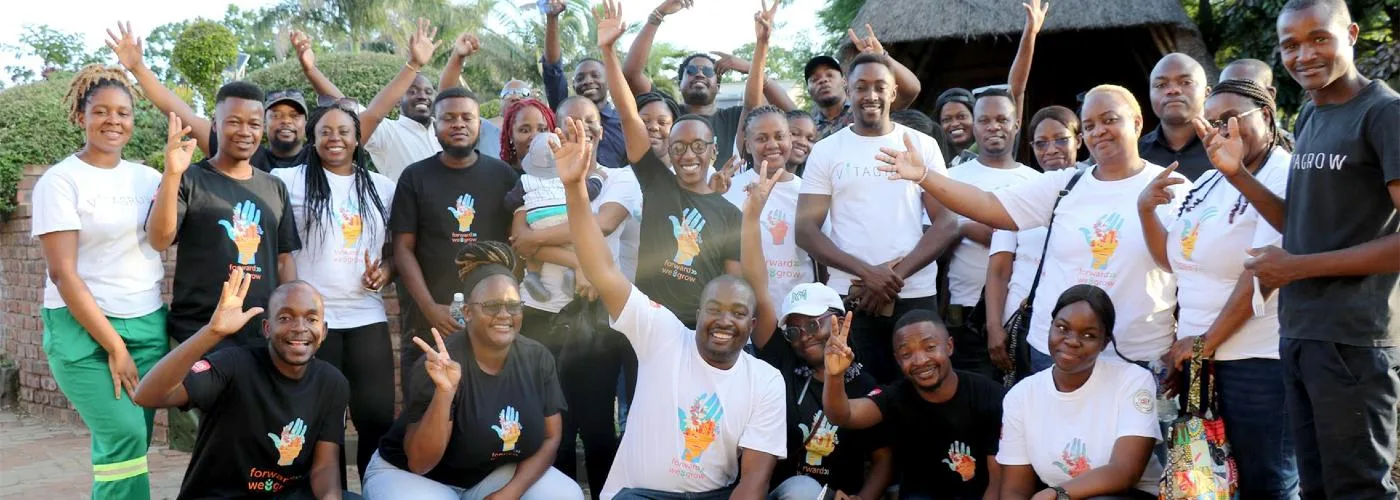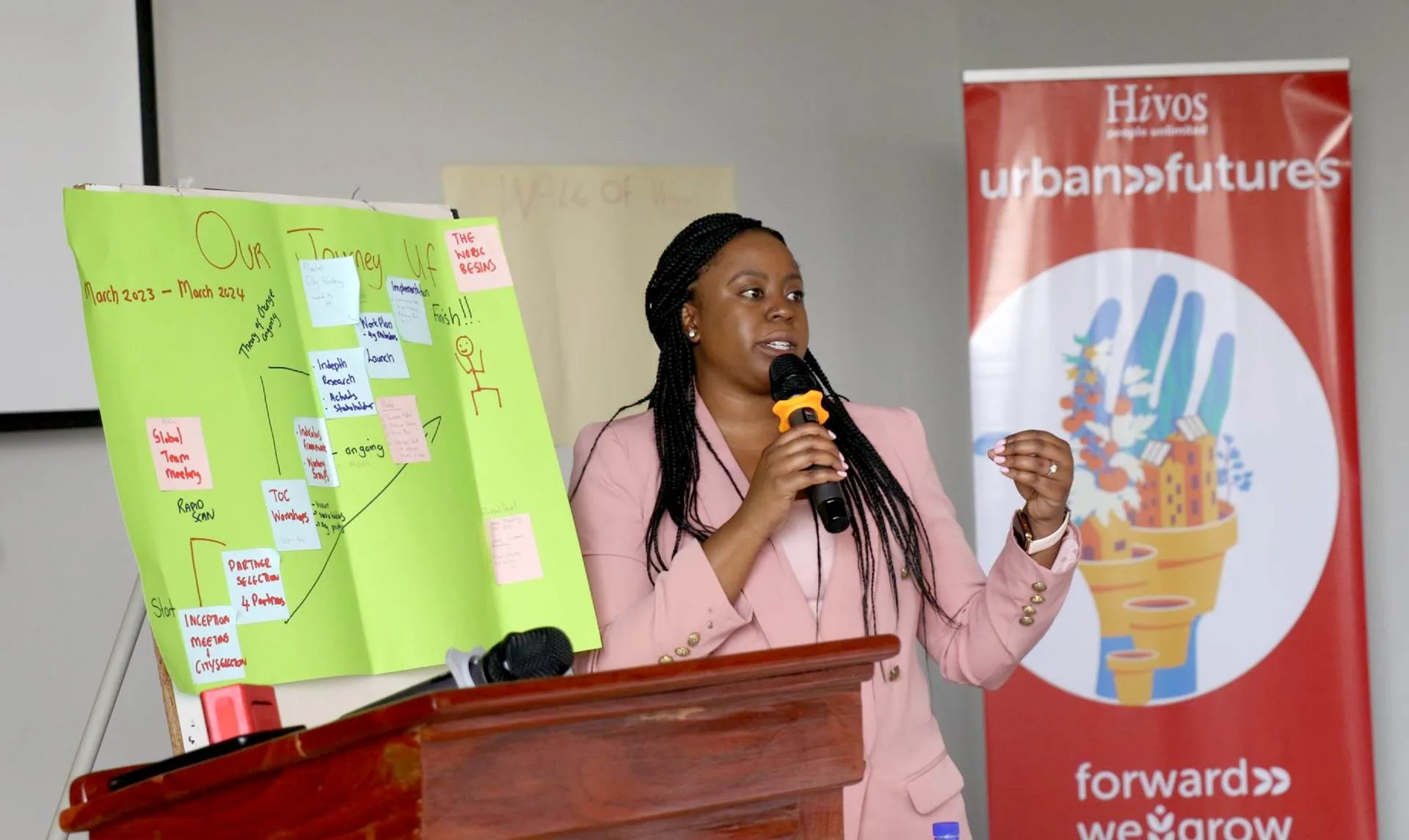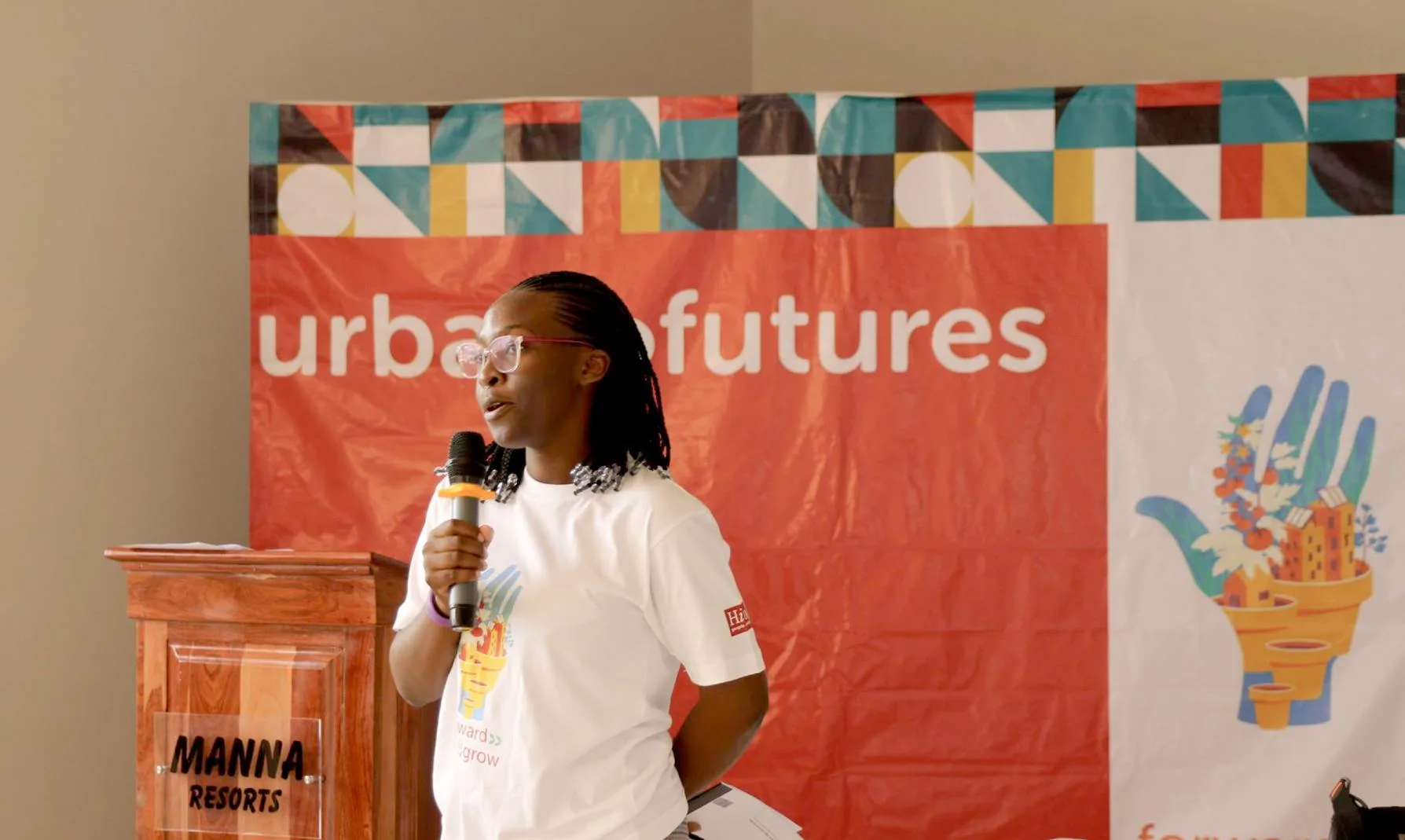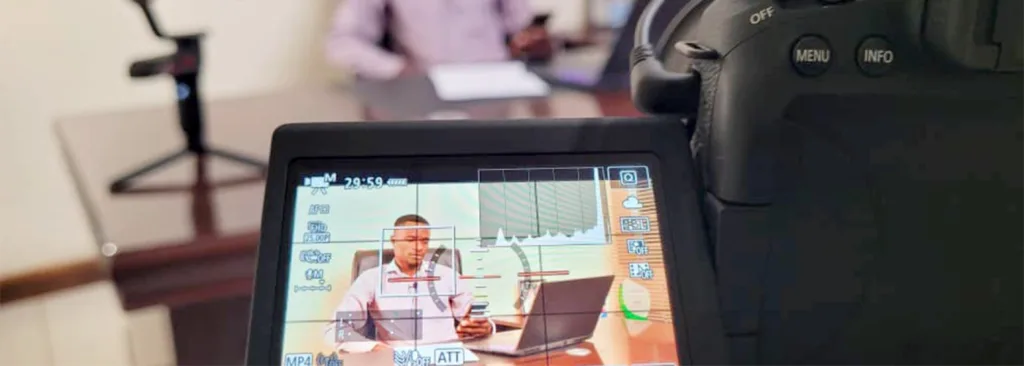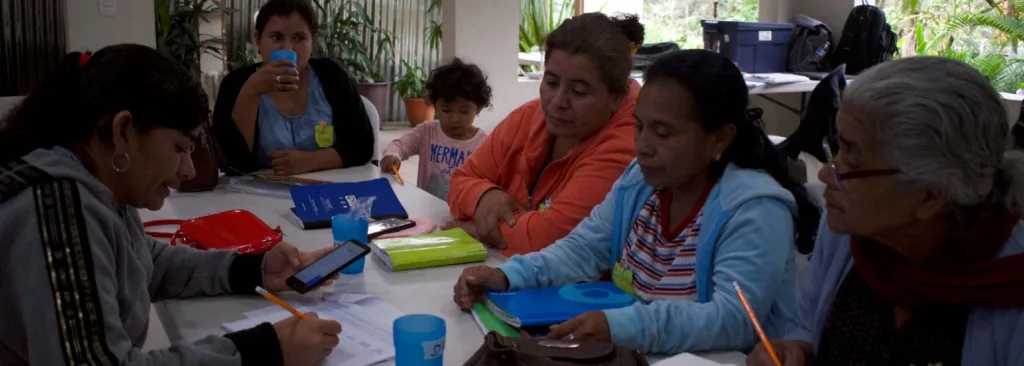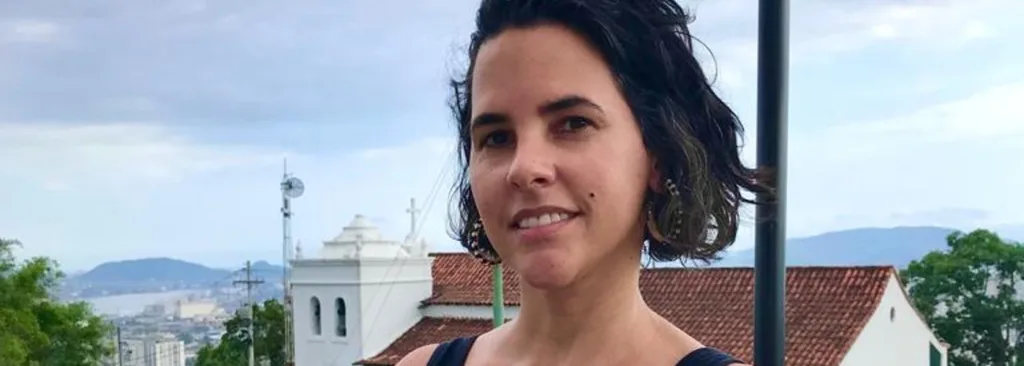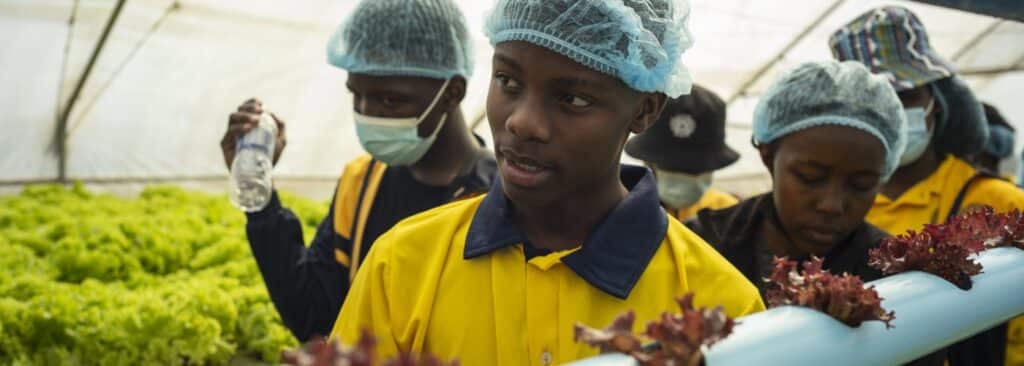One of Hivos’ new climate justice projects is Urban Futures. While it has a global scope, in Zambia the project will be working in Kitwe and Chongwe, and in Zimbabwe, in Bulawayo and Mutare. The primary objective of Urban Futures is to develop more inclusive, climate-resilient urban food systems. By working towards livable cities with increased green spaces and urban farms, the project seeks to bolster climate resilience, strengthen social cohesion, and increase overall wellbeing.
A few weeks ago, project partners in these four southern African cities held their first face-to-face meeting in the capital of Zimbabwe, Harare. Members of coalitions and youth representatives also attended the three-day gathering.
By investing in young people, we can build a brighter future for everyone.
Meeting and networking
During the meeting, participants shared their city visions, planned activities, and experiences, looking at potential collaborations.
“It is crucial that we have this meeting before we begin our work plan, so that we can ensure that all team members are equipped with the necessary knowledge. This will enable us to effectively advocate for our goals and objectives when we return to our respective communities and we can align our efforts,” said Runyararo Chibota, Urban Futures Program Manager in Southern Africa.
Youth stories and challenges
During the meeting, young people known as “youth champions” because they advocate for a healthier population in Southern Africa, shared their personal experiences and challenges in advocating for sustainable urban development. Common issues included restricted access to essential services, like clean water, sanitation, and waste management, as well as few opportunities for youth involvement in decision-making processes.
One of the youth champions, Tracy Kakalaki from Zambia, spoke about her ambition to become an agro-entrepreneur and how her partnership with Urban Futures would support young people in Kitwe. “Our goal is to educate youths to cultivate crops and keep some for household use, transforming farming into a profitable business and improving their families’ lives,” she explained.
Another youth champion, Mecha Mwale from Zambia, added, “I have come to realize the significance of teamwork in achieving success, particularly in the context of agriculture and food systems. As a young person from Zambia, I have seen firsthand how challenging it can be to engage youth in these efforts, as many feel discouraged by the long-term nature of the work and the perceived lack of immediate benefits. However, I am now convinced that building a strong team can help overcome these obstacles and achieve our goals more effectively. I plan to share this insight with my peers in Zambia and work together to create a cohesive team dedicated to improving our food systems.”
Young people shaping the future of their cities
Urban Futures falls under Hivos’ broader mission to promote sustainable urban development in Africa. The program’s training, mentorship, and networking activities are designed to engage with young people and equip them to shape the future of their cities, get their perspectives represented in decision-making processes, and advocate for sustainable urban development in their region. Furthermore, the program will help them find quality job opportunities within the food sector.
Urban Futures will likewise empower citizens to voice their priorities, and both grow and demand healthy, sustainable produce in Southern Africa. Ultimately, the project strives to shorten food value chains, ensuring that healthy, sustainable food is accessible, affordable, and appealing.
As Nana Zulu, Hivos Southern Africa Regional Director, put it: “Young people possess potential to drive positive transformation in their communities. By investing in them and providing the necessary tools and resources, we can build a brighter future for everyone.”

